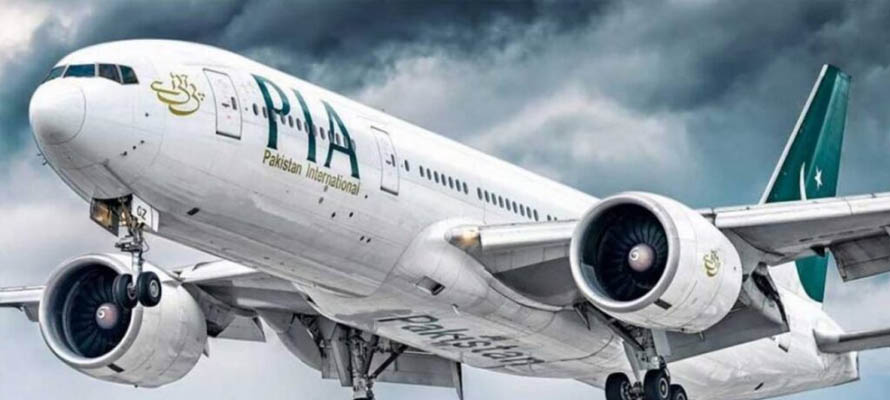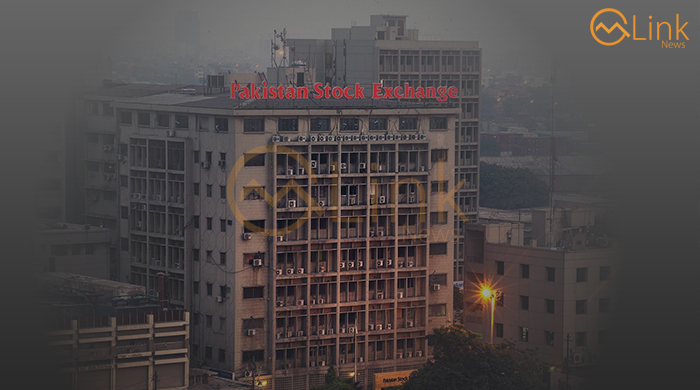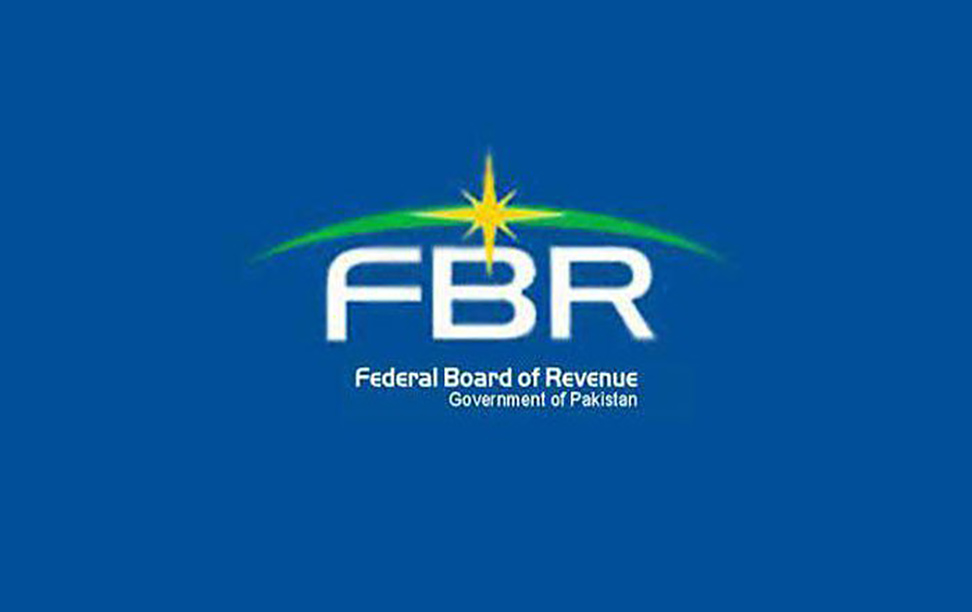June 2, 2021 (MLN): During a meeting held to discuss the newly-prepared refinery policy, the country’s oil refineries have asked the government for support in order to meet the Euro-V requirements for locally-produced fuel and other value-added products, the Ministry of Finance said in a press release issued on Wednesday.
The representatives informed the Finance Minister Shaukat Tarin that “oil refineries currently are facing multiple problems including decline in profit margins. They emphasized the need for Government support for increased investments to meet the requirement of Euro-V fuels and value-added products through installation of deep conversion refineries.”
“The representatives of the refineries told that oil refineries operating in Pakistan cater for 55% of petroleum needs of the country and directly contribute to energy security” while adding that “installation of oil refineries requires heavy investment.”
Government is currently chalking out the details of newly-drafted refining policy to upgrade local refining mechanisms towards deep-conversion in order to produce cleaner fuel and detangle the oil sector through competition and doing away with regulations.
The refinery package will extend a 20-year tax holiday, followed by 9-year cascading customs duty reduction for up gradation agreements signed before end of 2021 (likely to be altered). However, the government will not provide off-take guarantees to the refineries which will be allowed to market their products through their own or other oil marketing companies depending based on local demand.
The incentives will also be available to new and existing refineries planning to upgrade and modernize without any restriction on technology imports on the condition that the oil products meet standards notified by the government.
However, local refiners say these incentives aren’t enough keeping in view the costs of up gradation.
The State Bank of Pakistan (SBP) in its First Quarterly Report for 2020-21 had said that “the government to move to a new emission standard is expected to affect domestic … crude oil refining industries.” The SBP said that although the move towards cleaner fuel is the need of the hour amid the ongoing changing global climate, the impact of proposed upgradation would have an “acute” impact on petroleum refining industry.
“The largely-outdated petroleum industry was already feeling the strain in the face of an earlier measure that had curtailed demand for high-sulfur-furnace-oil (HSFO) which made up around a quarter of the industry’s output,” the SBP said while adding that “the latest regulatory decision to move to Euro-5 compliant fuel would make their task even more daunting, further necessitating the need to upgrade.”
“It will also be a massive financial undertaking. For instance, the planned upgrade of the 47,000-bpd plant of Pakistan Refinery Limited to produce Euro-2 compliant fuel was expected to cost around US$ 1 billion. Compliance with Euro-5 can possibly cost even more.”
The finance ministry’s press release said that representatives also informed that government that the last refineries policy was announced back in 1997. However, since then, due to change in realities on the ground, working for oil refineries has become more difficult with the passage of time.
Finance Minister Tarin directed the concerned officers of Finance Division and FBR chairman to come up with concrete proposals regarding the proposed policy in consultation with all stakeholders including representatives of oil refineries, Ministry of Petroleum and other relevant forums.
Copyrights Mettis Link News
41484







